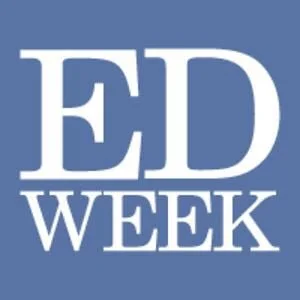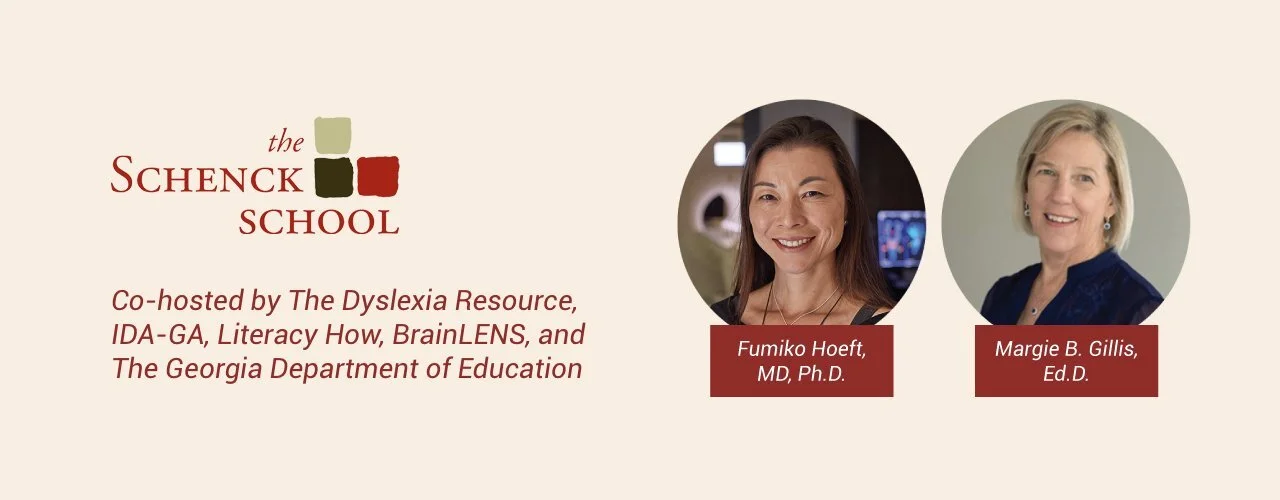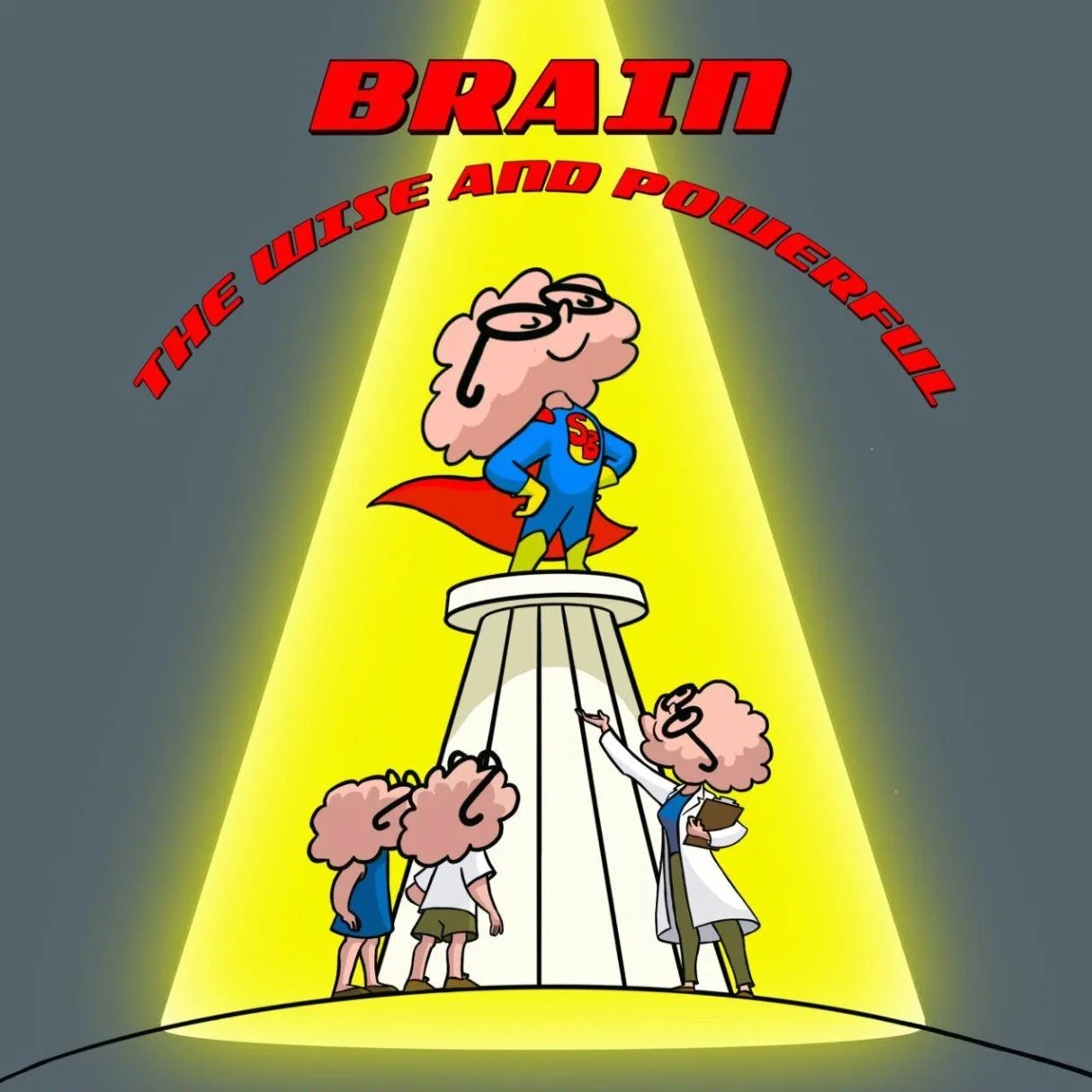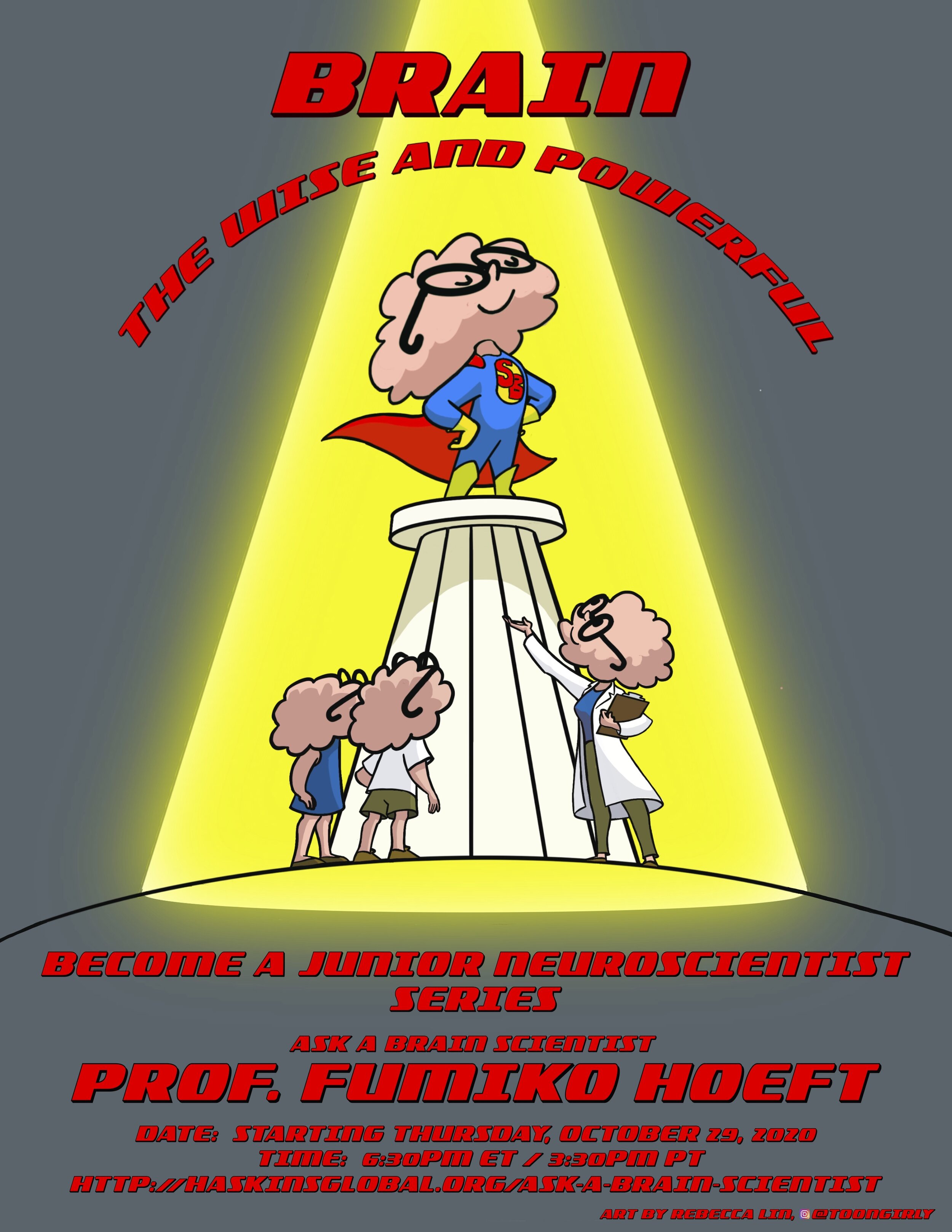Fumiko Hoeft will be moderating a talk by Dr. Robert Sapolsky and Dr. Nadine Burke Harris at the Common Ground Speaker series on Thursday, March 18th 7:00-8:15 pm PST
Robert M. Sapolsky, PhD
and
Nadine Burke Harris, MD, MPH,
California Surgeon General
Moderated by
Fumiko Hoeft, MD, PhD
COVID AND CHRONIC STRESS
Healthy Coping With Long-Term Pandemic Impacts
Thurs Mar 18, 7:00pm-8:15pm PT
Free for member school parents and for educators from member and non-member schools.
Register for this event here
About Our Speakers
Robert M. Sapolsky, PhD, is a Professor of Biology, Neurology and Neurosurgery at Stanford University and a research associate at the National Museum of Kenya. Professor Sapolsky is a recipient of a MacArthur Genius Fellowship and his teaching awards include Stanford University's Bing Award for Teaching Excellence. He is the author of several books including, Behave: The Biology of Humans at Our Best and Worst; Why Zebras Don’t Get Ulcers; The Trouble with Testosterone. His writing has also appeared in The Wall Street Journal, Science, Scientific American, Harper's, and The New Yorker. His 2008 National Geographic special on stress, and his on-line lectures about human behavioral biology, have been watched tens of millions of times.
Nadine Burke Harris, MD, MPH, is serving as California’s first Surgeon General, tasked with expanding the mission of public health to fight childhood adversity. A pediatrician, Burke Harris founded San Francisco’s Bayview Child Health Center to bring equity to children’s healthcare. Her research and practice focus on toxic stress and adverse childhood experiences (ACEs) and their lifelong effects. As founder of the Center for Youth Wellness she pushed to create a clinical model that recognizes and treats toxic stress in children. Her work has been profiled in The New Yorker, in Paul Tough's book How Children Succeed, and in Jamie Redford's film Resilience and she is the recipient of the Arnold P. Gold Foundation Humanism in Medicine Award presented by the American Academy of Pediatrics Her TEDMED talk, viewed over 7 million times, is used actively in trainings and college curricula to raise awareness of the physiologic impact of stress. She is the author of The Deepest Well: Healing the Long-Term Effects of Childhood Adversity.
Fumiko Hoeft, MD, PhD (moderator) is a psychiatrist, neurophysiologist and cognitive neuroscientist. She is Director of BrainLENS at the University of Connecticut (UConn) and UC San Francisco (UCSF); Professor of Psychological Science, Mathematics, Neuroscience and Psychiatry, and the Director of the Brain Imaging Research Center at UConn; and Adjunct Professor at UCSF. Dr. Hoeft has conducted research on learning and brain development, with focus on literacy and dyslexia, as well as the science of resilience for over 17 years. Her work has been widely covered in media such as The New York Times, NPR, CNN, The New Yorker, and Scientific American. She also serves on many boards at organizations including the International Dyslexia Association, National Center for Learning Disabilities, and the Center for Childhood Creativity.






























